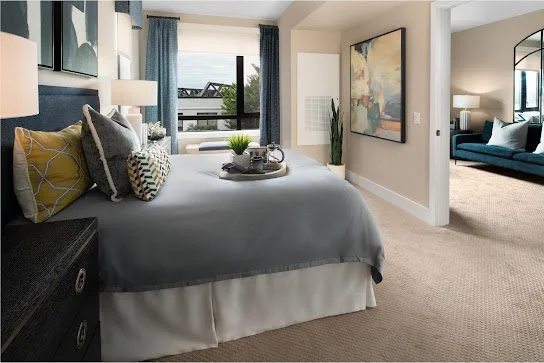Winter Safety for Seniors Preventing Slips Falls and Frosty Missteps
Snow and ice can make winter beautiful, but they also create extra challenges for older adults. Cold sidewalks, wet floors, and early sunsets can turn routine errands into risky outings. With some careful planning and a few practical habits, seniors can stay safer on their feet and continue to enjoy the season.
Choosing Footwear That Works with Winter
Shoes and boots are the first line of defense against slips and falls. Good winter footwear should:
Have non slip, rubber soles with clear tread
Fit snugly around the heel without pinching the toes
Be easy to fasten with Velcro or simple laces
Smooth soled slippers and worn out shoes are best saved for short indoor use, if at all.
Making Outdoor Routes Safer
When ice and snow arrive, even short walks require a bit more thought.
Helpful ideas include:
Asking for help clearing steps, porches, and walkways
Using sand, kitty litter, or salt on icy patches
Choosing well maintained paths and avoiding shortcuts across lawns or parking lots
Walking aids such as canes or walkers should have tips in good condition. Ice grippers designed for canes can add extra traction outdoors when recommended by a health professional in independent living.
Keeping Indoor Floors Dry and Clear
Winter weather often follows people indoors in shoes and coats. Wet entryways and cluttered halls can be just as dangerous as icy sidewalks.
Small changes can help:
Placing absorbent mats at doors and making sure they lie flat
Asking visitors to remove wet shoes or wipe them thoroughly
Keeping pathways clear of bags, cords, and loose rugs
In senior living Portland, staff may regularly check common areas for wet spots or tripping hazards, but it also helps for seniors and visitors to stay alert and report concerns.
Lighting the Way
Shorter days mean more time walking in dim conditions. Good lighting inside and outside significantly lowers fall risk.
Consider:
Using nightlights in bedrooms, hallways, and bathrooms
Making sure outdoor steps and entryways have working lights
Keeping a small flashlight or phone with a light feature near the bed for nighttime trips
Well lit spaces help seniors see obstacles, changes in flooring, and wet areas before they become a problem.
Dressing for Warmth Without Bulk
Cold muscles and stiff joints can make movement awkward. Dressing in light layers provides warmth while still allowing easy movement. Coats and scarves should not block vision or hang so low that they catch on objects. Gloves that fit well help maintain hand strength for gripping railings or walking aids.
Staying Connected and Asking for Help
No one needs to tackle winter alone. In senior apartments Portland, seniors can coordinate with staff for help on especially icy days, join indoor walking groups, or choose escorted outings instead of going out solo. Friends and family can assist by scheduling appointments during daylight hours and offering rides when conditions are poor.
By combining smart footwear, safer routes, good lighting, and social support, seniors can move through winter with more confidence, fewer slips, and greater enjoyment of the season’s quieter pleasures.



